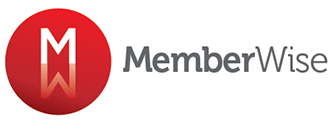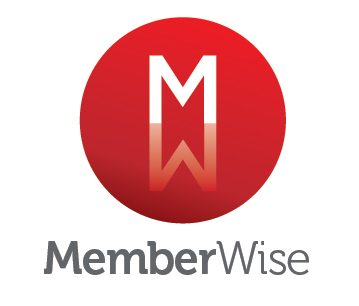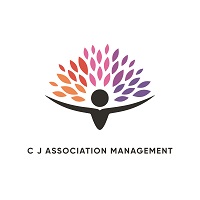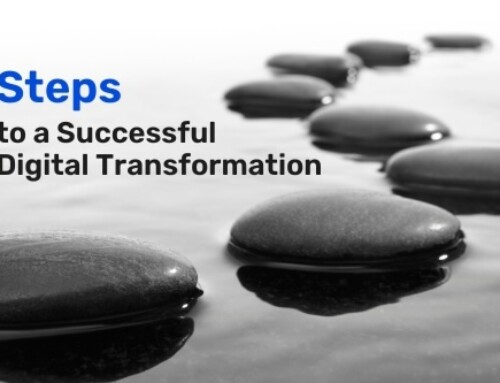There’s nothing like a good spring clean, and your membership data is just as in need of it. Often, data cleansing can be overlooked by teams prioritising chasing leads and handling enquiries, but done regularly and correctly it could save you time and a whole lot of hassle. It could even improve your chances of maximising your marketing spend. After all, with an incorrect data set you could be wasting time and money targeting false/dead leads and even putting your association at risk.
What is data cleansing?
If you are tackling data cleansing for the first time, you’ll need a strong understanding of what it is. Once you have undertaken your first data clean up, you should pencil in some time to do it regularly.
Data cleansing offers three main benefits:
- Efficient time management
- Maintaining strong customer relationships
- Accurate and useful data-driven insights
Scrubbing your data involves going through your data set with a fine toothcomb and identifying outdated information. This can range from incorrect phone numbers, contacts who have left a company or digging deeper to recognise which contacts regularly bounce. New data protection regulations also require you to consider whether the information you hold about a contact is even relevant or necessary to your business activities.
A clean database helps your membership organisation more effectively target and make key decisions about sales and lead generation. New prospects and valuable new members can be identified from a reliable and up-to-date data set, and you can feel confident that your activity has the best chance of working.
How often should we do it?
Larger businesses with larger databases that grow quickly may need to cleanse their data every three to six months, whereas smaller businesses should cleanse their data at least once a year.
You may notice towards the end of your period between cleanses that ‘dirty’ data is starting to cost you money and negatively impact the efficacy of your marketing efforts, and once you have carried out a cleanse you’ll be amazed at the difference it makes to the accuracy and reliability of insights and performance metrics.
Data cleansing, particularly in the first instance, is a very time consuming and resource-draining operation if being performed manually (depending on the size of your data), which is why many companies choose to outsource to experts.
What do I need to know if I’m doing it myself?
Firstly, it is worth cleaning up your current devices by removing any unused applications and PDFs that may include sensitive information, and backing up sensitive information on a cloud-based storage system; in case your physical device ever falls into the wrong hands.
Secondly, close any unused accounts including bank accounts, social media, email or professional subscriptions. Having a multitude of dormant accounts with different passwords leaves your business more vulnerable to hackers.
Thirdly, you need to be extremely vigilant about how long you retain personal data. Article 5 of the GDPR states you should not keep any personal data for longer than is absolutely necessary. Only hold on to as much data as you need. However, there are certain minimum data retention periods that you should be aware of under new GDPR:
- Any hiring data and applications such as CVs, interview recordings and cover letters must be kept for 6 months, even if the applicant was unsuccessful. If you want to keep an applicant’s data longer for future job opportunities, you must get their consent to do and make sure their information is up-to-date to be GDPR compliant. Otherwise, you must remove them from your system.
- Employee data such as personal records, appraisals and contracts should be kept for a minimum of 6 years after the individual has left the business.
Once data reaches the end of its retention period, it needs to be permanently deleted or archived.
Is it better to outsource data cleansing?
Data experts use sophisticated algorithms to identify weaknesses in the data, saving an enormous amount of time compared to trawling through lists manually. Automation also helps to minimise the risk of human error. They carry out exhaustive checks to ensure that you’re left with only the best quality data.
If you are undertaking data cleansing for the first time this spring, be prepared for it to take a little longer and cost a little more. But once you are on top of it, future cleanses should be quicker and less expensive.
For the security and peace of mind for your members, consider a data spring clean to help preserve your membership organisation’s reputation and your members’ information. Plus, give your marketing team a helping hand with a squeaky-clean data set that will maximise your chances of reaching new prospects.
CJ Association Management is an established, specialist association management company providing support services tailored for the membership sector.










Leave A Comment